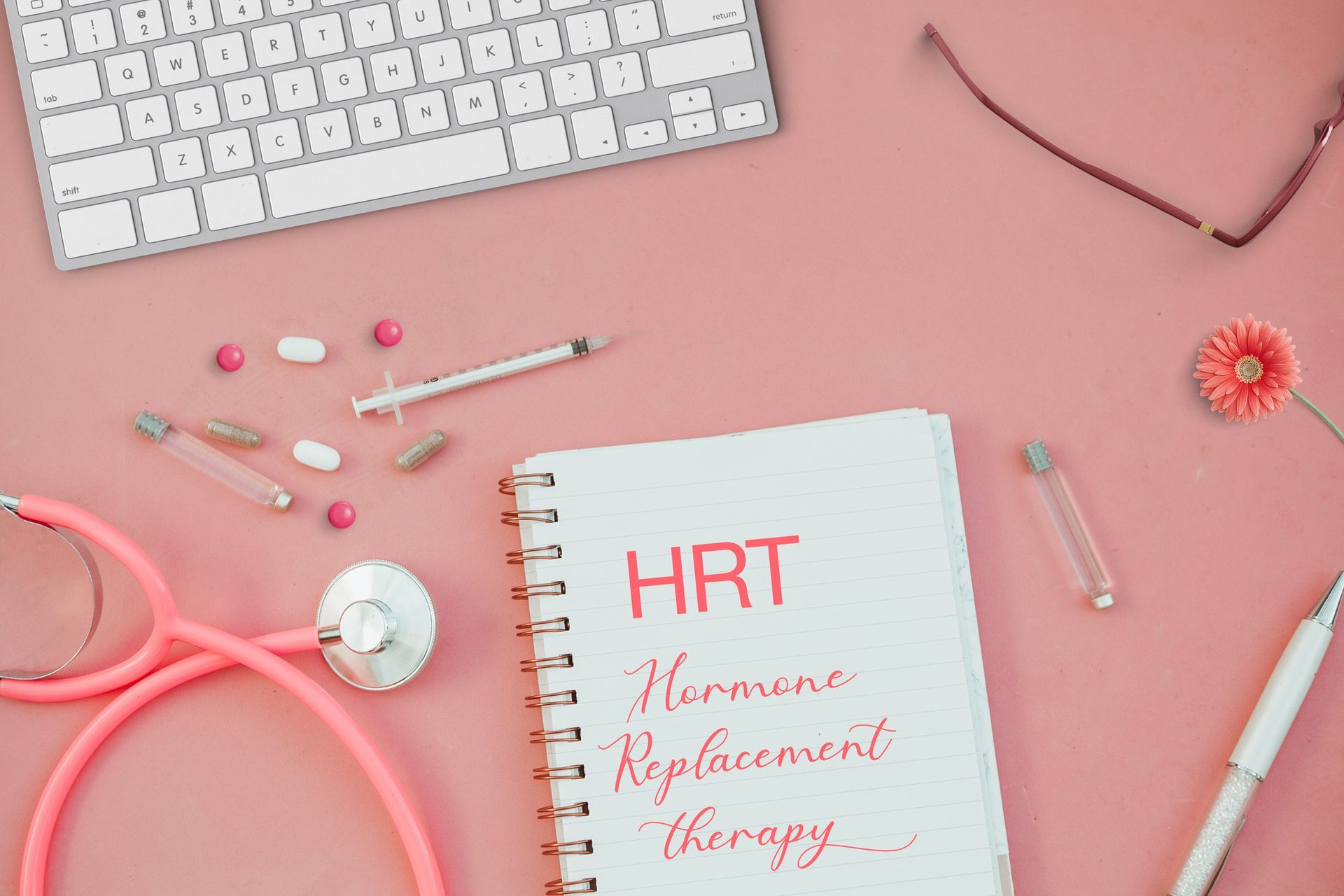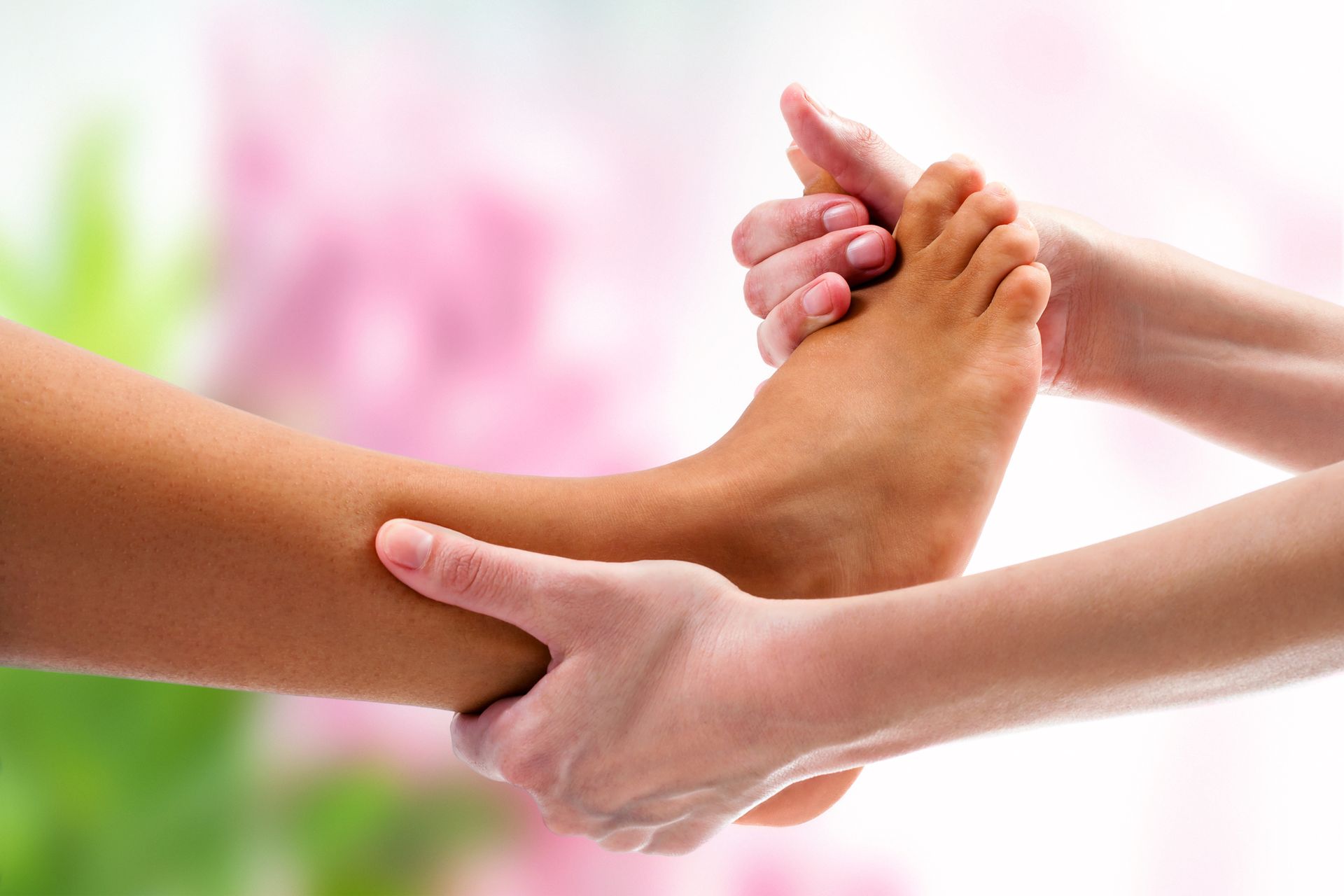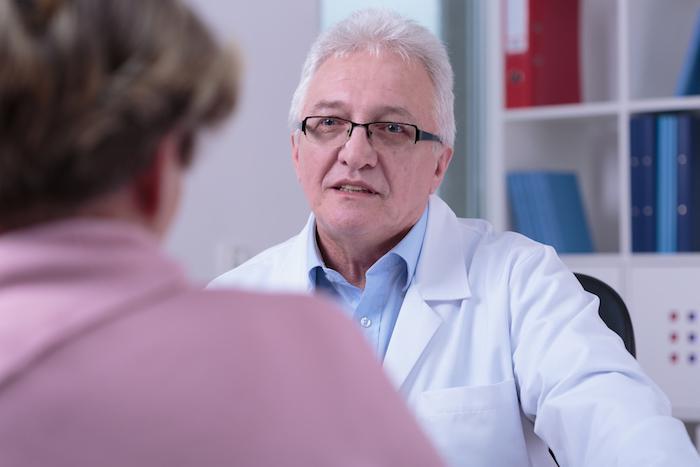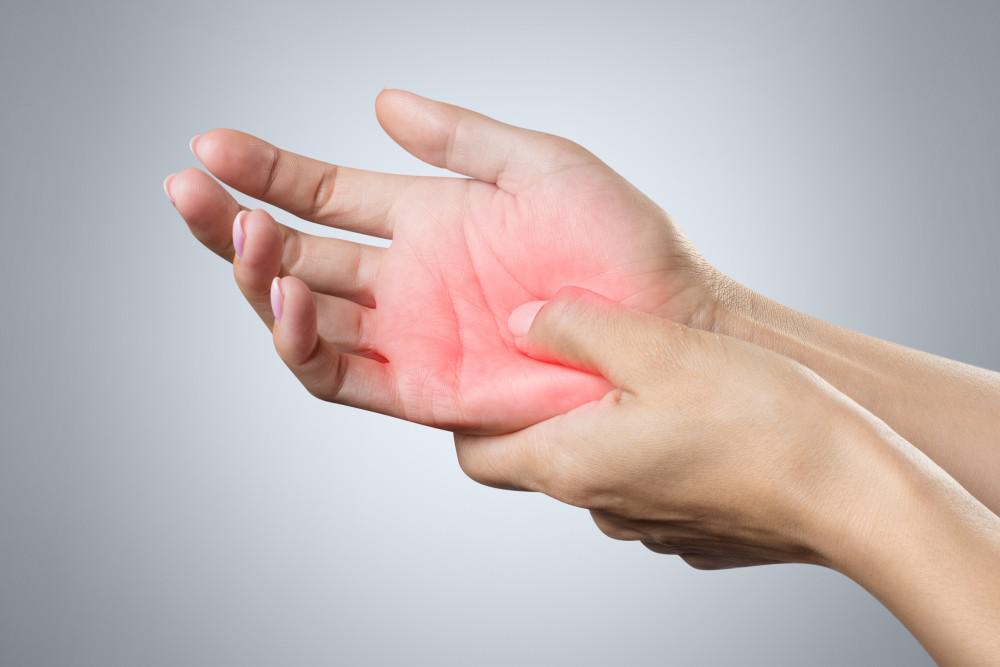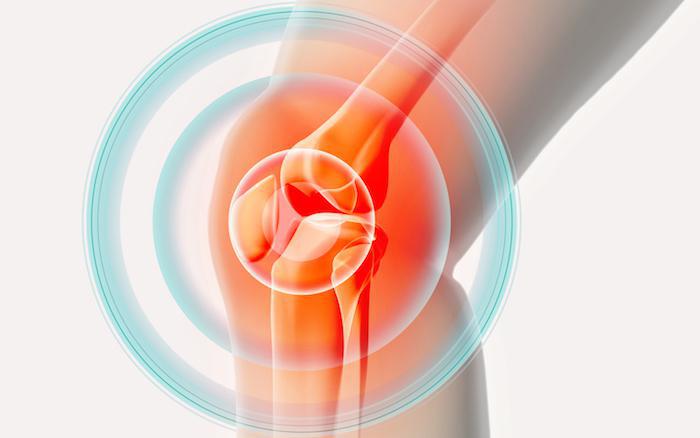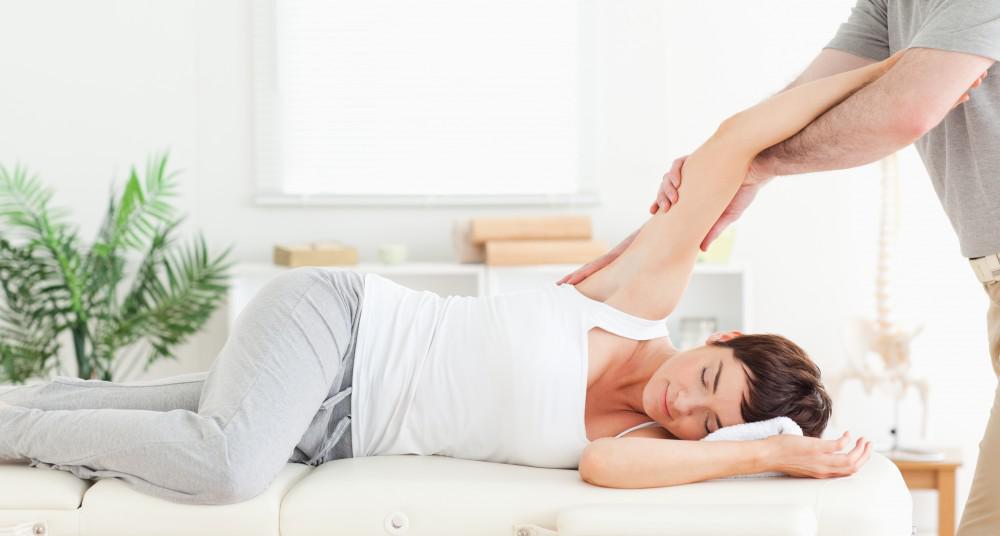Does Running Cause Knee Pain?
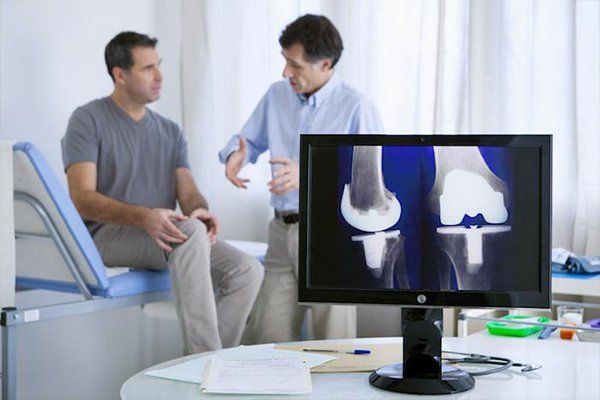
If you’re a runner, having knee pain can be an alarming experience. Your knees are, after all, critical to running! But, how do you know if the pain you’re feeling is something to worry about or not?
Our team at Northview Medical can help you understand why your knee hurts and provide guidance on what you should do about it. In this blog, we discuss the causes of runner’s knee and how you can treat and prevent the condition.
Runner’s knee 101
If you're a runner and a knee hurts, there are a group of conditions that could be causing the pain, and they’re collectively called “runner’s knee.” A few of the conditions that fall under the umbrella of runner’s knee include:
- Anterior knee pain syndrome
- Iliotibial band syndrome
- Patellofemoral malalignment
- Chondromalacia patella
- Patellar tendinitis
Although these conditions all fall under the category of runner’s knee, they can also be caused by other activities, such as skiing, biking, and others.
Treating runner’s knee
The treatment that will work best for you will depend on the underlying cause. Before we suggest a treatment plan, we’ll perform a thorough analysis of your situation. Once we evaluate you, we may recommend the following:
Rest
Rest is often a component of treating runner’s knee, as the pain is often related to overuse. In some instances, simply reducing your mileage can lead to healing.
Ice
Applying ice in 15-minute intervals several times a day can be helpful in reducing inflammation.
Strength training
Some cases of runner’s knee are related to a muscle imbalance. If this is true in your case, we may recommend strength training exercises to target your weak areas.
Stretching
We may also recommend stretching exercises to help you heal and prevent future pain.
Foam rolling
Foam rolling can help increase circulation and help relieve muscle tightness, inflammation, and soreness. It can also help improve your range of motion.
If the measures above don’t relieve your knee pain, we can discuss other options, such as platelet-rich plasma therapy, stem cell therapy, cold laser therapy, and electrical stimulation.
Avoiding runner’s knee
As the cliché goes, the best medicine is prevention. Below are some of the things you should do to help avoid runner’s knee.
Warm up
Before you run, you should warm up to prepare your knees for the strain of running. Try doing leg swings, lunges, and walking briskly.
Mechanics
You should learn about good running mechanics. Sometimes, runner’s knee can be related to poor running mechanics. You may need to work on your stride, how your feet hit the ground, and other ways your body moves when you run.
Strength training
Just as strength training can help you recover from runner’s knee, strength training can also help you keep from getting it. Focus on your core muscles — the muscles in the middle of your body — and your gluteal muscles — the muscles in your buttocks. It’s especially important to strengthen these muscles if you sit for most of the day.
Stretching
Just as you need a strength component to your workouts, you need a flexibility component as well. Besides stretching after your runs, you should add flexibility training as a normal part of your weekly routine.
Chiropractic visits
Finally, see your chiropractor regularly. If your body is properly aligned, you can reduce your risk of getting injured.
If your knee hurts during or after your run, don’t spend time worrying. Instead, book an appointment over the phone with Northview Medical. Pain is a signal that something is wrong, and we can help you understand what it is and help you fix the problem.

